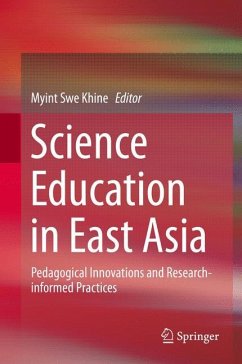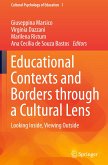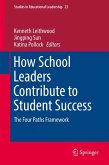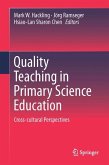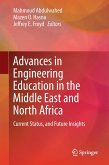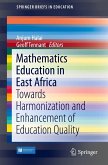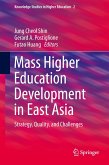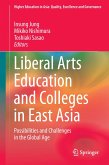This book presents innovations in teaching and learning science, novel approaches to science curriculum, cultural and contextual factors in promoting science education and improving the standard and achievement of students in East Asian countries. The authors in this book discuss education reform and science curriculum changes and promotion of science and STEM education, parental roles and involvement in children's education, teacher preparation and professional development and research in science education in the context of international benchmarking tests to measure the knowledge of mathematics and science such as the Trends in Mathematics and Science Study (TIMSS) and achievement in science, mathematics and reading like Programme for International Student Assessment (PISA). Among the high achieving countries, the performance of the students in East Asian countries such as Singapore, Taiwan, Korea, Japan, Hong Kong and China (Shanghai) are notable. This book investigates the reasons why students from East Asian countries consistently claim the top places in each and every cycle of those study. It brings together prominent science educators and researchers from East Asia to share their experience and findings, reflection and vision on emerging trends, pedagogical innovations and research-informed practices in science education in the region. It provides insights into effective educational strategies and development of science education to international readers.
In the twenty-first century, science is seen as a global enterprise. Similarly, science education is recognised as a priority in educational systems throughout the world. Yet even when there is widespread commonality in the science set out to be learnt in national curricula, it is necessary to pay attention to local context when planning - or seeking to understand - science teaching and learning. Contextual factors such as the language of instruction, cultural norms, shared epistemological commitments, and local value systems impact upon the perception and enactment of different pedagogies and on a learner's understanding of taught concepts. Yet many influential texts on science teaching are primarily based upon research in a limited range of cultural contexts (often Western Europe, North America and Australasia). This book offers a wide spread of studies looking at different aspects of science education from East Asia. This collection will be of great value to science educators in that region and to scholars in comparative education. It will also be illuminating to all those working in science education who are interested in teasing out the way cultural influences overlay and complement universal features of human cognition in determining how learners respond to science teaching.
Keith Taber
Faculty of Education
University of Cambridge, United Kingdom
Keith Taber
Faculty of Education
University of Cambridge, United Kingdom

